
The International Atomic Energy Agency (IAEA) has pledged its commitment to offering targeted technical assistance in key areas to Ghana, in its preparedness to add nuclear power to its energy supply chain.
This, the IAEA said, was a consent agreed on in Vienna, Switzerland, in March this year, between Ghana and IAEA.
The Deputy Director General at the Nuclear Department of IAEA, Mikhail Chudakov, said: "I'm encouraged that, even though Ghana is still in an early phase, it has already enacted a comprehensive nuclear law, established an independent Nuclear Regulatory Authority, and is currently reviewing existing and developing appropriate new regulations."
Nuclear power is the use of nuclear reactions that release nuclear energy to generate heat, which most frequently is then used in steam turbines to produce electricity in a nuclear power plant.
Ghana currently generates power through hydro, some solar and thermal, and in its quest to add nuclear power to the current energy mix, Mikhail Chudakov lauded Ghana for its considerable progress in the development of its nuclear power infrastructure.
At an official ceremony to present a report captioned: 'Integrated Nuclear Infrastructure Review Report on Nuclear Energy' to the sector Minister, Boakye Agyarko, Mr. Chudakov said the report highlights steps and processes which have, so far, been taken by the country, as far as nuclear power is concerned.
Despite the significant number of studies Ghana has conducted on nuclear energy, he said, there were some key issues which had to be completed.
In the light of this, the programme on which the report was prepared had been categorised into three phases, and with the first phase almost completed, Mr. Chudakov said nuclear power addition is certainly good news, "as it would help to ensure energy sustainability."
Explaining the importance of nuclear energy, he said: "Nuclear power is a proven technology that can provide a stable, clean and low carbon base load electricity. It creates better higher paying jobs than other types of energy sources."
By this, the Deputy Director General at the Nuclear Department of IAEA urged the country to complete these studies, in order to proceed with the development of nuclear infrastructure to reach Milestone 1.
"That will enable Ghana to make a knowledgeable commitment to a nuclear power programme," he concluded.
Receiving the report, Boakye Agyarko noted that the decision to revive interest in nuclear energy and its associated technologies, followed the report of a Presidential Committee in 2007, which recommended the incorporation of nuclear power into the energy mix of Ghana. He, therefore, commended the Ghana Atomic Energy Commission (GAEC) for championing Ghana's nuclear power agenda, by establishing School of Nuclear and Allied Sciences to train local human resource.
The Minister said: "If we are to make significant gains in providing reliable energy, then all options, including nuclear energy, must be considered. With the current level of growth in the demand for energy, we can no longer rely solely on our traditional resources of generating power. "
With over 40 nuclear power plants constructed worldwide, with 20 in China, 10 in Russia, five in USA, two in Japan and one in South Africa, Mr. Agyarko said his outfit would study the report and address the recommendations, as proposed by the IAEA.
In this regard, Boakye Agyarko said he was hopeful that the construction works of Ghana's first Nuclear Power Plant, which is the phase 3 of the nuclear agenda, would commence according to the country's national nuclear roadmap.
The Director General of the GAEC, Professor Benjamin J.B. Nyarko, said his outfit was poised to ensure the successful implementation of the programme.
Besides, he expressed the readiness of his outfit in ensuring that all the outstanding issues regarding the phase 1 of the programme are addressed.
"I believe with strong government commitment and funding, we can accomplish our task," Professor Nyarko indicated.
Should Ghana be able to add nuclear power to its energy supply chain, the production of adequate electrical power would serve as a strong backbone for the West Africa Power Pool (WAPP).
Read Full Story
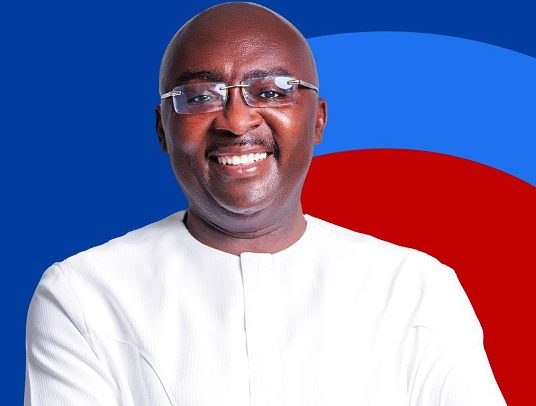
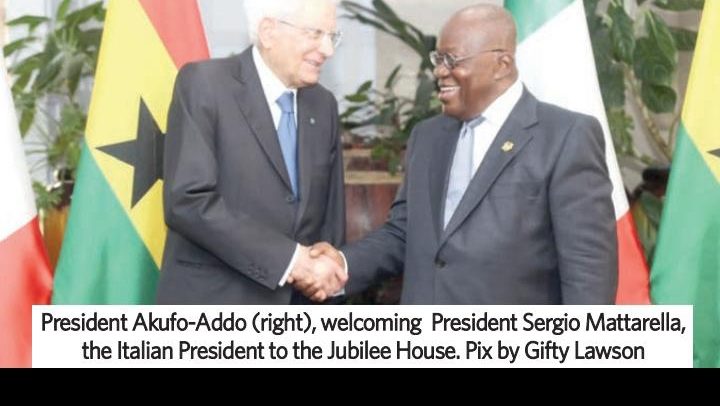
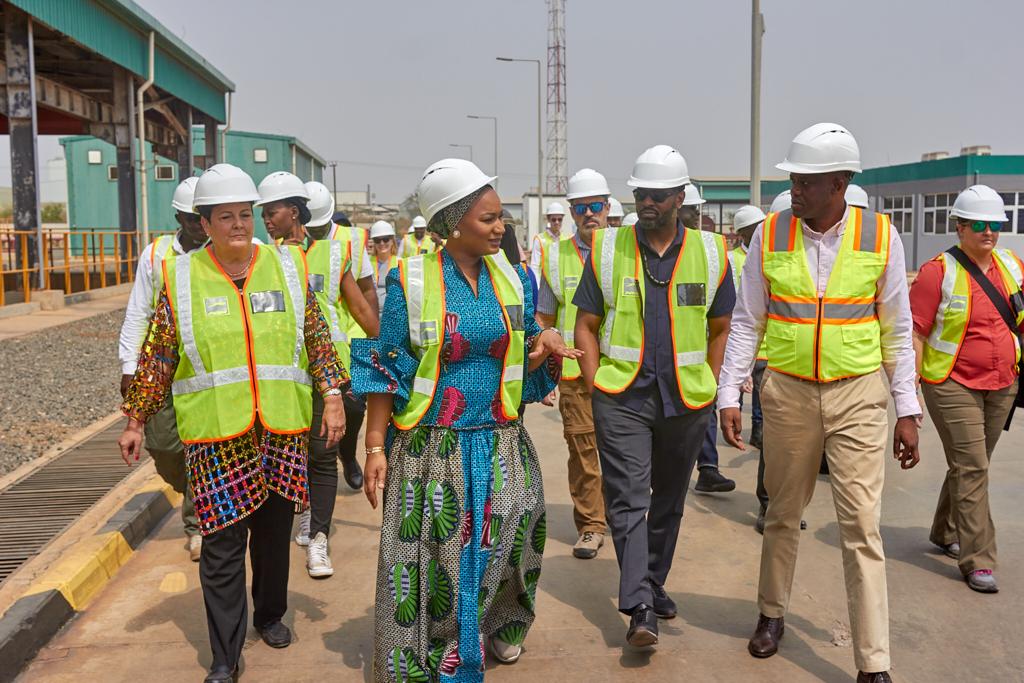











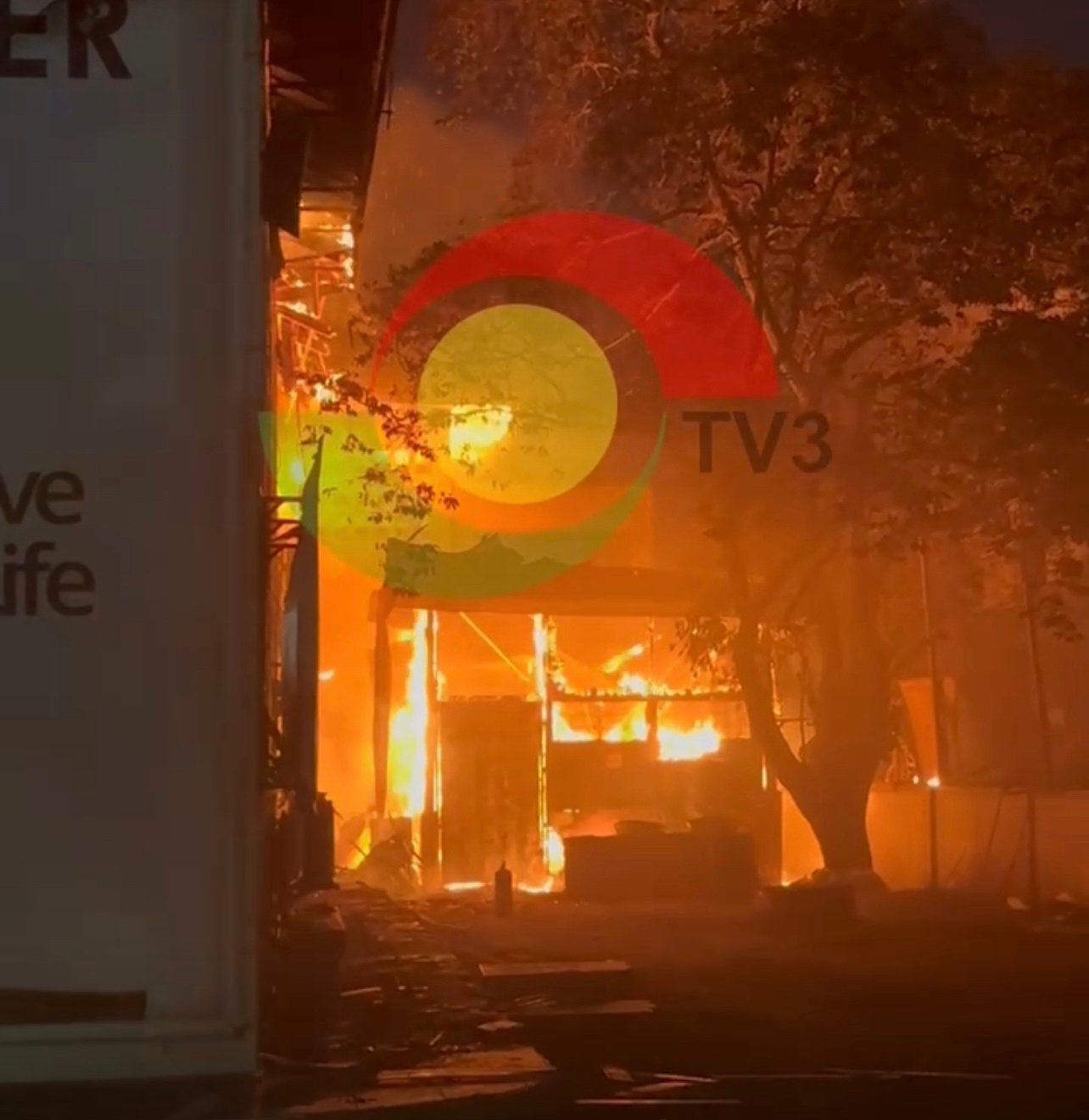
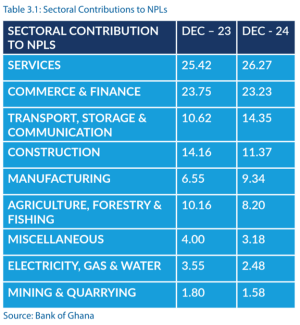
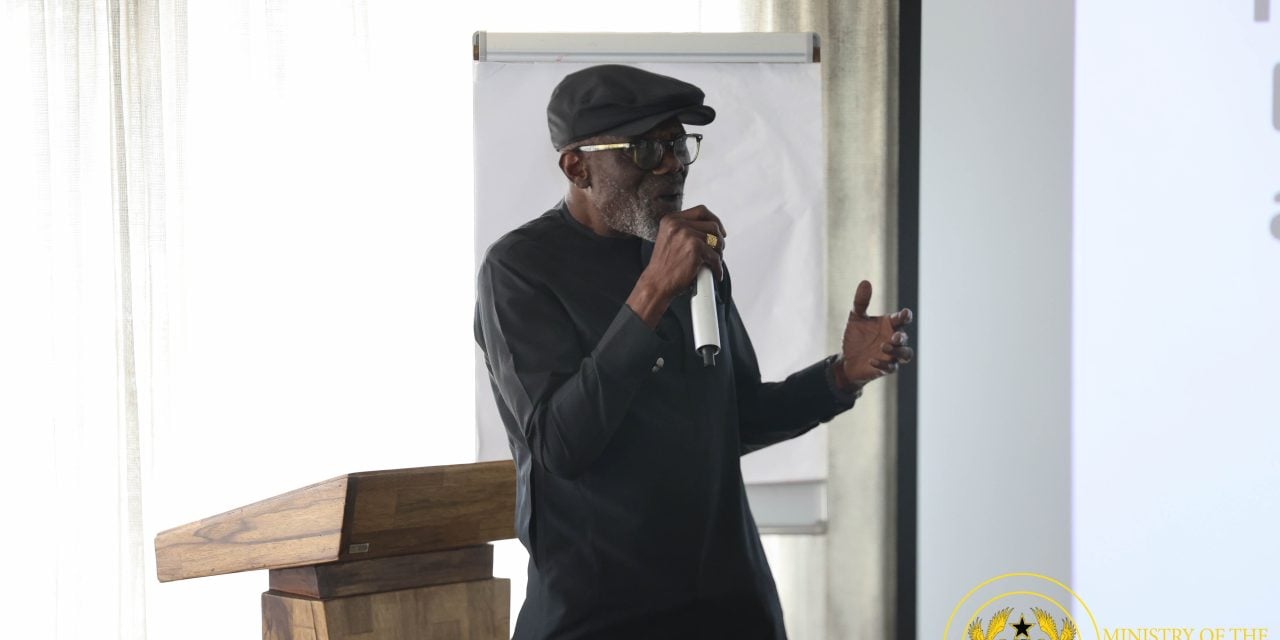
Facebook
Twitter
Pinterest
Instagram
Google+
YouTube
LinkedIn
RSS